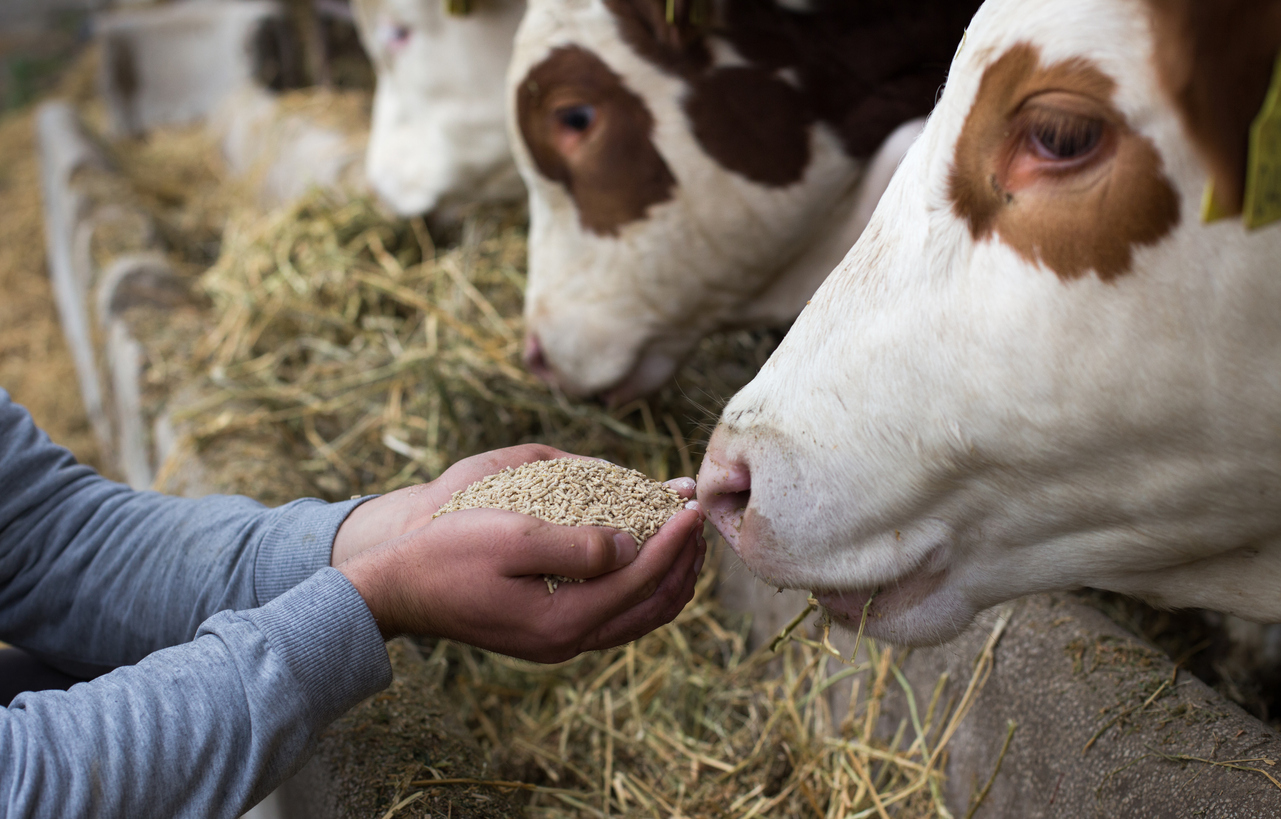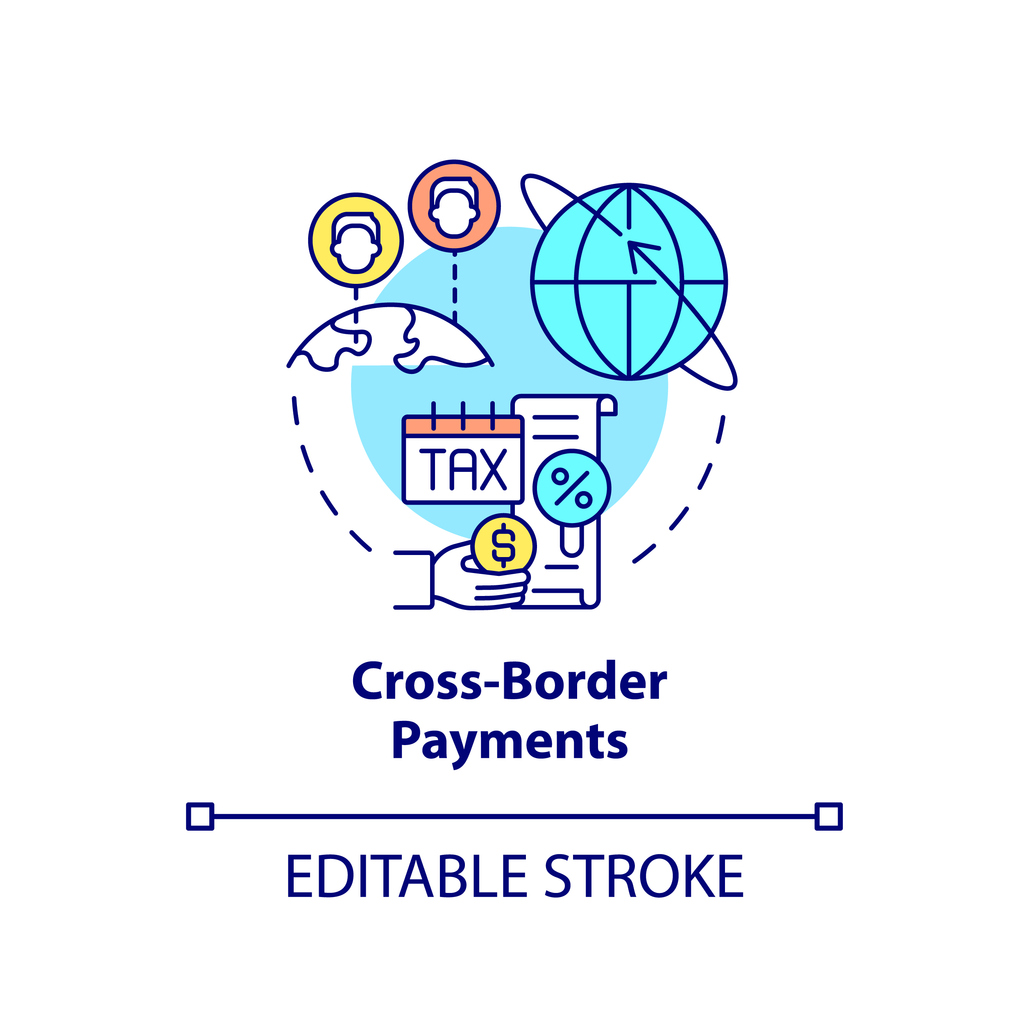Animal Nutrition and Care: The Importance of Animal Feed in Consumer Health
>>Click here to browse our animal feeds and buy online<<
Animal Nutrition and Care: The Importance of Animal Feed in Consumer Health
Animal nutrition and care is one of the most important factors in ensuring that livestock remains healthy. In response to growing awareness surrounding the impact of what we eat on human health, consumers are now seeking reassurance that the meat they buy has been produced under optimal conditions and with the animal’s welfare at heart. The role of animal feed in consumer health also extends to farm-to-fork traceability, reducing the risk of contamination with harmful bacteria such as MRSA and E coli. Animal nutrition is crucial when it comes to producing high-quality meat products that are safe for human consumption. This article explores the importance of animal feed in ensuring safe meat production and its impact on consumers.
What is animal feed?
A feed is any kind of food given to livestock for consumption. Traditionally, animal feed has been made from crops grown and harvested during the same year. However, with the demand for animal products growing year on year, the need to meet this demand has led to feed production becoming increasingly reliant on non-seasonal crops. This has resulted in a growing number of concerns surrounding animal feed, including the risk of contamination with harmful bacteria. The growing use of non-seasonal crops has also raised concerns of sustainability and the level of pressure that this puts on the environment. This has led to a greater awareness of the importance of using sustainable feed sources. Sustainable feed is produced using feedstock that has been grown using a low environmental impact. This can include using waste products from other industries, such as food or fiber crops that have not been genetically modified. Sustainable feed is also grown in a way that does not put an undue strain on natural resources or contribute to climate change.
The impact of safe and sustainable animal nutrition
Animal nutrition is crucial when it comes to producing high-quality meat products that are safe for consumption. The feed and forage given to livestock can have a major impact on the taste, texture, and nutritional value of the meat produced. The feed can also have an effect on the texture and appearance of the meat’s fat. The animal’s overall health is also closely linked to the feed provided to them. A safe and sustainable supply chain has many benefits for both consumers and the livestock industry itself. Ensuring that safe and sustainable animal nutrition has been put into practice throughout the entire supply chain is critical in minimizing the risk of contamination with harmful bacteria. Safe and sustainable livestock care ensures that animals are given the highest standard of living possible, with a focus on their welfare. This is crucial in ensuring that livestock are not given antibiotics as a matter of course, which can result in antibiotics being present in the meat at the end of the supply chain. Consumers are increasingly aware of the importance of antibiotic-free meat and demand has grown dramatically.
Consumer health benefits of a safe and sustainable supply chain
The demand for meat products with certification that they are antibiotic-free has grown significantly. Consumers are now aware that the antibiotics given to livestock during their lives have the potential to affect the taste and quality of their meat. The use of antibiotics in livestock production is not permitted in Europe, with the exception of pigs. These antibiotics are often used to prevent the spread of disease within livestock herds and flocks, and their use is a necessary part of sustainable livestock care. The challenge that the livestock industry currently faces is in ensuring that they can produce enough meat and other animal products, while still allowing enough time for the animals to fully recover from any illness. One example of a common disease that can occur in livestock is footrot, which is caused by bacteria entering a wound in the foot.
The importance of safe and sustainable livestock care
Sustainable livestock care focuses on preventing disease in livestock and providing the best possible living conditions for the animals. This can include the use of preventative measures such as vaccinations, biosecurity measures to reduce the risk of spreading disease, and hygiene practices to maintain a clean environment for livestock. Sustainable livestock care can also include the use of antibiotics as a last resort in the case of an outbreak. Preserving the health of animals is a necessary part of ensuring safe and sustainable animal nutrition. Footrot, for example, can be treated with antibiotics and footbaths to prevent the disease spreading. The use of antibiotics in livestock is closely monitored and audited to ensure that they are only used in accordance with veterinary guidance.
The Importance of Animal Care in Ensuring Safe Meat Production
Animal care plays a crucial role in ensuring the safety of meat produced for consumption. The feed given to livestock significantly affects the taste, texture, and nutritional value of the meat produced. Bad animal care has the potential to cause illness within livestock herds, leading to a reduction in the quality of the meat produced. The feed and forage given to livestock can also have an effect on the appearance and texture of the meat’s fat. Bad animal care can also have an impact on the livestock’s overall health. This can result in an increased risk of disease among animals, which can make meat less safe for consumption. Ensuring that livestock are given the highest standard of care is crucial in ensuring the safety of the meat produced.








LEAVE A COMMENT
You must be logged in to post a comment.